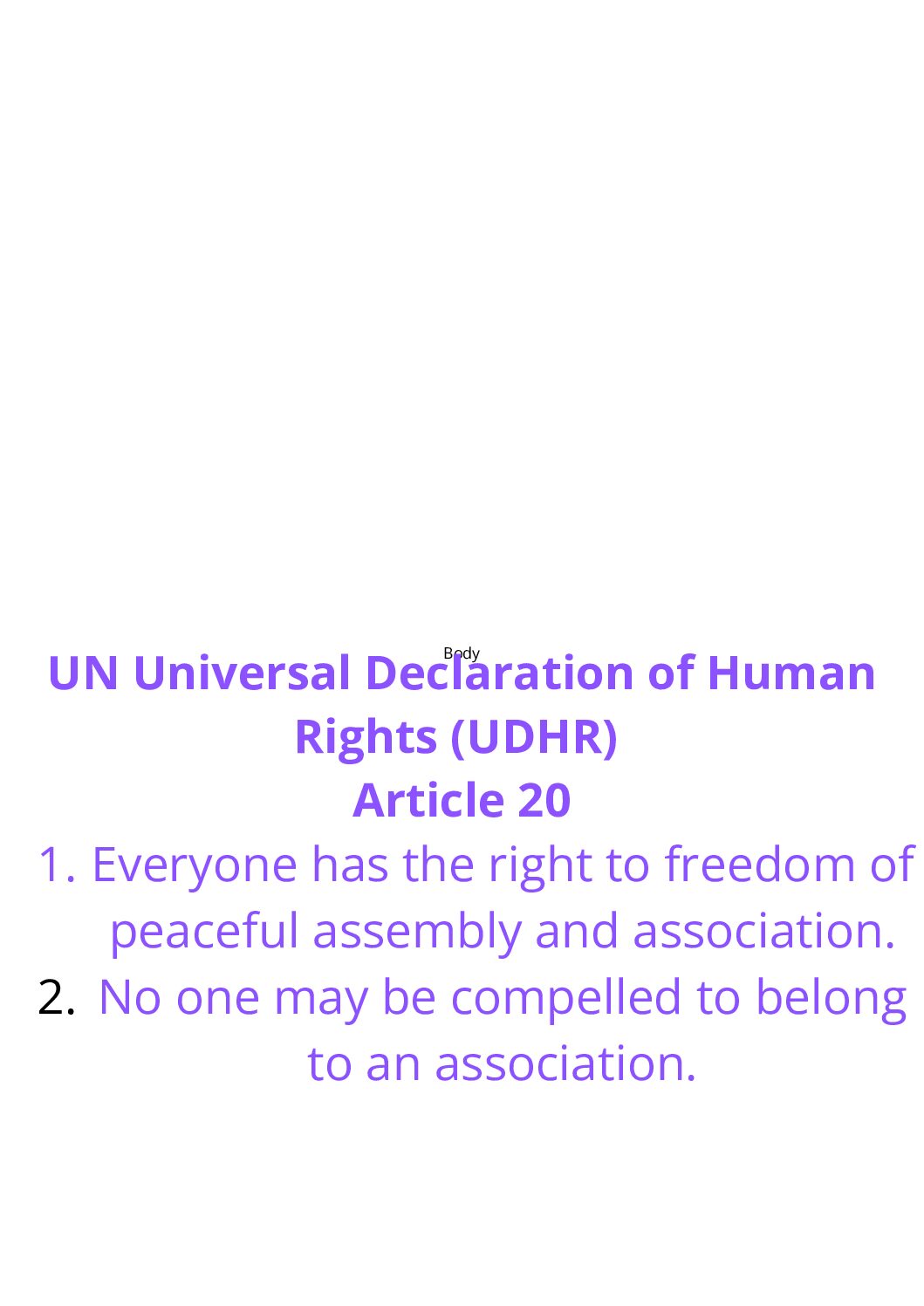
Why lesbian only?
The Coalition of Activist Lesbians defines a lesbian as a woman born female sex, whose sexuality, or sexual orientation, is that of being sexually attracted to other natal women. The CoAL website has been established and is maintained as a political action of asserting lesbians’ rights to our own digital space and our own ideas.
Lesbians have always been subjected to challenges by men wanting to invade or deny us our own space because they are unable to accept our independent sexuality. Lesbians need our independent spaces free from male harassment, where we can find and strengthen our support networks. This has become an urgently needed action under the increasing and more and more aggressive demands by men for access to our bodies and minds, such as on dating apps and in educational institutions.
In the 1970s, the Women’s Liberation Movement generated a substantial and vibrant lesbian political and social scene with a wide selection of different women’s bars, dances, bands, conferences, art exhibitions, theatrical performances, and more. In Australia, the first national lesbian conference was in 1973 in Sorrento, on the Mornington Peninsula near Melbourne in Victoria.
In 1994, Diane Starski (a pseudonym to avoid being sacked) wrote an article in Lesbians in Australia: Travel and Culture. She wrote about the first national lesbian conference which was held in Sorrento, Victoria in 1973 and was attended by more than 60 women. Lesbians were becoming very active in the Women’s Liberation Movement, running women’s buildings, domestic violence refuges, rape crisis centres, organising conferences and taking part in street activism. She notes that non-feminist lesbian activism also grew and that commercial entrepreneurs were happy to sell to the lesbian and gay communities.
Another important annual event was the Women’s Ball where there were attendances of up to 2000 women, many of them lesbians. This event continued to be organised by lesbians for about two decades.
In 1981, a group of lesbians organised Women, Patriarchy and the Future Forum which generated a lot of discussion around alternatives to patriarchy. In 1982, Salon-A-Muse began its monthly gatherings on the model of Natalie Barney’s salon in Paris. Salon-A-Muse continued until 1985, run by two different groups.
In 1985, The Language of Difference Writers Week ran for nine days and highlighted Indigenous, working class, migrant and lesbian writers. Indigenous lesbian playwright, Eve Johnson, toured her show, Tjindarella, about the Stolen Generation to Melbourne during this festival.
There have been many lesbian gatherings focusing on different aspects of lesbian lives. In 1991, a national lesbian conference was held in Sydney and on the final night of the festival was the never-to-be-forgotten Concert at the Sydney Opera House with a capacity audience celebrating lesbian performers such as Robyn Archer, Judy Small, the Top Twins from Aotearoa, Sue Ann Post, the Bangarra Dance Company and opera singers Deborah and Donna who sang the duet from Lakmé.
For a while in the 1990s, the Amazon Games were a feature of Melbourne weekend; the Performing Older Women’s Circus (POW) with all performers over 40 years of age, amazed audiences with surprising skill, strength and expertise. In 1994, the 6th International Feminist Book Fair was held in Melbourne with the theme of Indigenous, Asian and Pacific Writing and Publishing. Among the speakers and exhibitors were lesbian writers and publishing houses run by lesbians in different parts of the world. In 1997, another group of lesbians organised the Lesbian Community Conference.
During all these years, at these and other events, the lesbian community was both aware of the diversity of lesbian culture and provided avenues for lesbians from many groups to participate. Lesbians were frequently the first to include a Welcome to Country, make provision for women with a disability (eg wheelchair accessible ramps, signing etc) and to recognise the importance of class and migration in the development of lesbian culture. In recent years, organisations such as Matrix Guild have provided housing and services for the cohort of aging lesbians.
This public lesbian cultural world has shrunk alarmingly as queer and gender ideologies have threatened feminist and lesbian gains. Many lesbians have become isolated and open to influence by anti-woman and anti-lesbian ideas, threats and violent actions.
CoAL’s website is a digital space and a tool for asserting lesbian spaces and lesbian voices. While CoAL is based in Australia, we have a global vision for lesbian rights and liberation. We therefore provide information on and links to other lesbian and feminist organisations with similar concerns about maintaining and strengthening lesbian rights and lesbian life. We want to encourage lesbian activism, which can be expressed in multiple ways: political action, creative writing, poetry, performance, film, art, etc.
For enquiries about membership, to contribute to the content of our website and/or to comment on anything on our website, please email admin@coal.org.au.